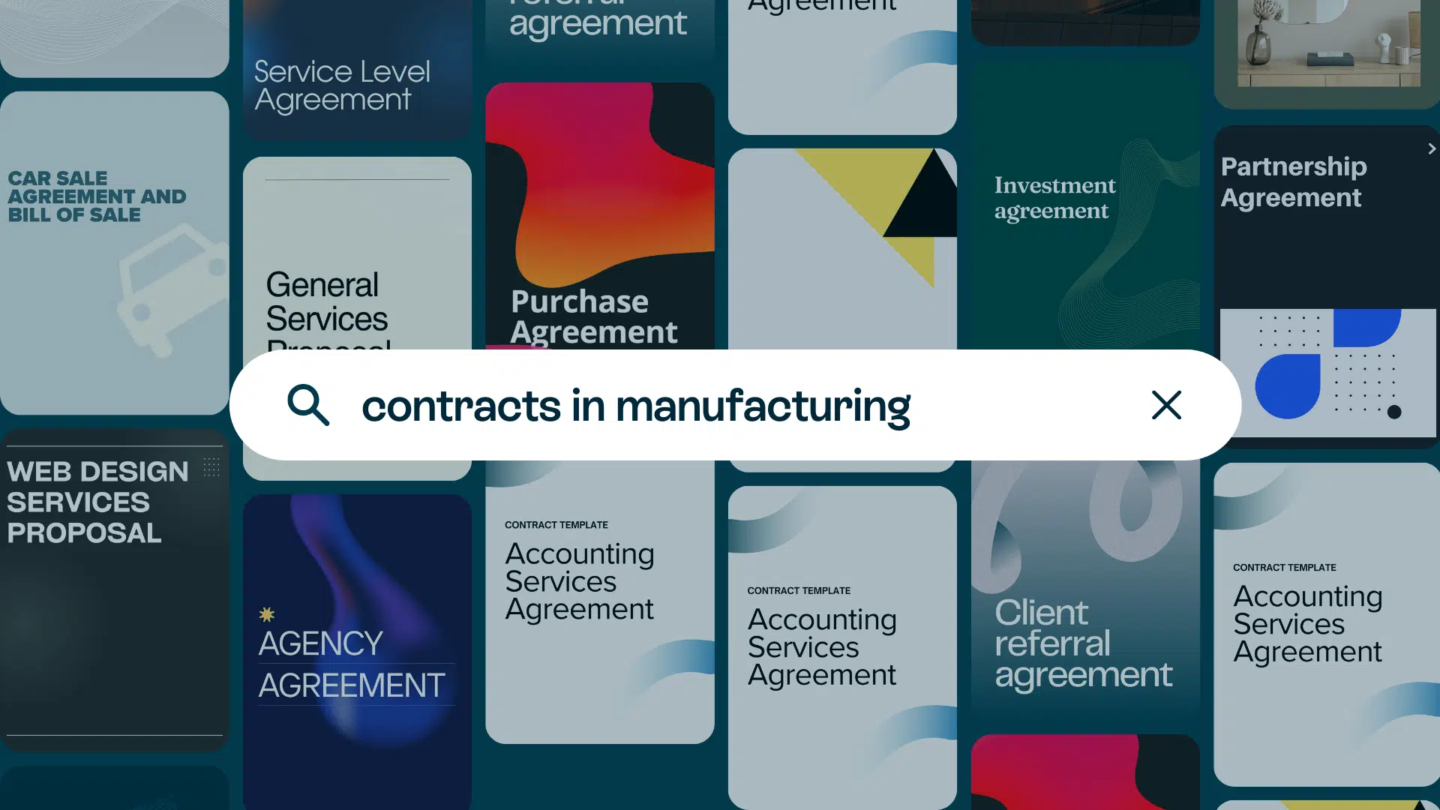The increasing need for speed and accuracy in B2B contracts
Speed and accuracy in business are no longer just nice-to-haves—they’re essential. The pressure to close deals quickly, manage operations seamlessly, and stay ahead of the competition has never been greater. Traditional contract management methods, often bogged down by paper and manual processes, simply can’t keep up.

Why automation is now essential
If you’re feeling the pressure to move faster, you’re not alone. According to our latest research, 70% of businesses believe that adopting a digital contracting tool will save them time and money. And it makes sense—automating the contract process cuts down on errors, gets rid of administrative tasks, and speeds up every step of the contract lifecycle.
The globalisation factor
As companies expand into new markets and time zones, the need for a digital-first approach to contracts becomes even more critical. Imagine being able to execute agreements without the hassle of coordinating schedules or dealing with physical documents. That’s the kind of agility businesses need today.
Read also: How to sign deals faster with digital contracts?
Key must-have features driving the adoption of digital contracts
Digital contracts are more than just a shift from paper to pixels. They represent a smarter, more flexible way of doing business. Several features are making digital contracts an attractive option for companies looking to streamline their processes.
Signing on any device, anytime
One of the most mature features that’s gaining traction is the ability to sign contracts on multiple devices. Whether you’re in the office, on a plane, or at home, you can finalise agreements with just a few taps on your smartphone or clicks on your laptop. This kind of flexibility isn’t just convenient—it’s becoming a necessity in today’s business environment.

Seamless integration with CRM systems
Another must-have is the ability to integrate contracts directly into your CRM such as Salesforce, Hubspot, or preferred platform. This means all your customer data, including contracts, is in one place, making it easier for teams to collaborate and communicate. According to recent insights, 28% of businesses see this as a must-have feature for the future of contracts.
Challenges in transitioning to digital contracts
Of course, moving from traditional to digital contracts isn’t without its hurdles. But understanding these challenges can help you navigate the transition more smoothly.
Overcoming resistance to change
Let’s face it—change can be hard. If your team is used to doing things a certain way, adopting new technology might feel overwhelming. But with the right approach and a focus on the benefits, you can get everyone on board.
Navigating legal complexities
Legal concerns are another common challenge. In fact, 46% of businesses cite legal issues as a significant barrier to signing contracts. It’s crucial to ensure that your digital contracts meet all legal requirements and are enforceable, especially if you’re operating in multiple jurisdictions.
Read also: Flow your recruitment process with digital contracts
The environmental and security benefits of contract automation
Switching to digital contracts isn’t just about efficiency—it’s also about doing what’s right for the environment and ensuring the security of your business operations.
Cutting down on paper waste
By going digital, you’re not just speeding up processes—you’re also reducing your environmental footprint. The shift to electronic signatures and digital contracts helps save trees and cuts down on waste. It’s a win-win for your business and the planet.
Boosting security
Security is a top concern for any business, and digital contracts offer robust protection. Over 80% of businesses trust the security of electronic signatures and digital storage. With advanced encryption and secure storage solutions, you can rest easy knowing that your sensitive information is well-protected.
Key takeaways: Preparing for the future of B2B contracts
As 2025 unfolds, the shift to digital contracts is not just a trend—it’s the future of B2B transactions. Here’s how you can stay ahead:
- Embrace a digital-first mindset
Now is the time to adopt digital contract management tools. Doing so will streamline your operations and give you a competitive edge. - Focus on the features that matter
When choosing a digital contract tool, look for key features like multi-device accessibility, CRM integration, and top-notch security. - Be ready for challenges
Change isn’t always easy, but by addressing potential resistance and legal complexities head-on, you can make the transition smoother.
By staying informed and proactive, you’ll be well-equipped to navigate the evolving landscape of B2B contracts and ensure your business is set up for success.









